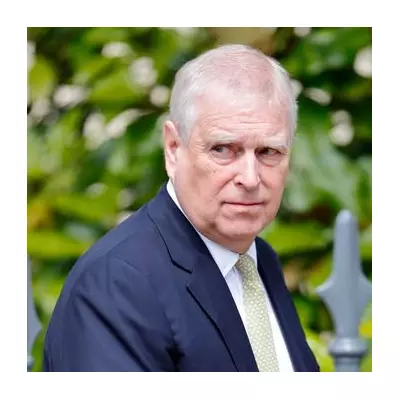
A fierce diplomatic storm has engulfed the Balkans, triggered by the Australian-born President of Croatia, Zoran Milanović, whose inflammatory remarks about a notorious WWII concentration camp have drawn fury from Serbia and international observers alike.
The controversy erupted when President Milanović, known for his blunt and often provocative style, made statements that were widely perceived as downplaying the horrors of the Jasenovac camp. Run by Croatia’s Nazi-allied Ustasha regime during World War II, Jasenovac was the site of the systematic murder of tens of thousands of Serbs, Jews, and Roma people.
Serbia's Furious Response
Belgrade's reaction was swift and severe. Serbian officials condemned the comments as a "shameful distortion of history" and an attempt to rehabilitate a fascist past. The Serbian government accused Milanović of "spreading hate and minimising the suffering of victims," escalating tensions between the two neighbouring nations to a dangerous new high.
International Condemnation and Calls for Calm
The international community has watched the unfolding crisis with growing concern. Diplomatic sources indicate that European Union officials are deeply worried about the potential for the row to destabilise the fragile peace in the region. There have been urgent, behind-the-scenes calls for restraint from both sides to prevent the situation from spiralling further out of control.
Milanović: The Unpredictable President
At the centre of the storm is Zoran Milanović himself. His journey from Australia to the presidency of Croatia is a unique one, and his leadership has been characterised by a penchant for controversy. Political analysts suggest his latest comments are part of a broader pattern of nationalist posturing, which risks isolating Croatia on the international stage and damaging its diplomatic relationships.
This incident is not just a war of words; it strikes at the heart of unresolved historical trauma in the Balkans. How both nations navigate this deep-seated animosity will be a critical test for regional diplomacy and reconciliation efforts for years to come.





